Important information from the Early Years Hub to help early years settings understand what is required through the process of Ofsted inspection. Early Years Hub provide training and support including Ofsted Audits that enable settings to evidence their compliance with legislation and demonstrate best practice in preparation for Ofsted inspection. Early Years Hub safeguarding courses are delivered on behalf of a number of Local Safeguarding Children Boards (LSCB’s) in the North West.
This blog is 1 of 6 ‘team talk’ blogs We will look at 6 focus areas in this series, taking into account requirements of the EYFS and guidance from Ofsted. All 6 blogs can be found on both Early Years Hub and Butterfly Print Ltd’s website. We will consider the following focus areas:
Child protection, promoting children’s wellbeing, working with babies, partnership with parents, promoting children’s learning and development and supporting staff.
This first blog focusses on Child Protection.
The Early Years Foundation Stage states that providers MUST;
- be alert to any issues of concern in the child’s life at home or elsewhere
- have and implement a policy, and procedures, to safeguard children that is in line with the guidance and procedures of the relevant Local Safeguarding Children Board (LSCB)
- include in the policy an explanation of the action to be taken when there are safeguarding concerns about a child and in the event of an allegation being made against a member of staff, and;
- cover the use of mobile phones and cameras in the setting
- have a designated practitioner to take lead responsibility for safeguarding children in every setting that;
- provides support, advice and guidance to any other staff on an ongoing basis, and on any specific safeguarding issue as required
- attend a child protection training course that enables them to identify, understand and respond appropriately to signs of possible abuse and neglect
- train all staff to understand their safeguarding policy and procedures, and ensure that all staff have up to date knowledge of safeguarding issues
- have regard to the government’s statutory guidance ‘Working Together to Safeguard Children 2015 and to the ‘Prevent duty guidance for England and Wales 2015’
- inform Ofsted or their childminder agency of any allegations of serious harm or abuse by any person living, working, or looking after children at the premises
Source: Early Years Foundation Stage – Safeguarding and Welfare Requirements (2017)
Ofsted inspectors WILL
- determine how settings always have regard for how well children are helped and protected so that they are kept safe
- determine how familiar settings are with the statutory guidance in relation to safeguarding such as ‘working together to safeguard children’
- evaluate policies and procedures, check all DBS records and paediatric first aid certificates
- establish if the settings child protection policy is meeting the requirements of the EYFS and is in line with the guidance and procedures of the relevant Local Safeguarding Children Board (LSCB)
- determine how well training enables staff to identify possible signs of abuse and neglect at the earliest possible opportunity and how this enables them to respond in a timely and appropriate way
- evaluate the extent to which leaders, managers and governors make sure that arrangements to protect children meet all statutory and other government requirements, promote their welfare and prevent radicalisation and extremism
- obtain evidence of the extent and range of completed training, including child protection, first aid and safeguarding training that fully meets statutory requirements, and its impact on improving children’s well-being
- determine the effectiveness of arrangements for safeguarding, including recruitment practices, and how well safe practices and a culture of safety are promoted and understood
- establish the effectiveness of arrangements for sharing information and working in partnership with other providers, schools and professionals to identify all children’s needs
Further details about inspections and how Ofsted inspect the child protection element of practice can be found in the Early Years Inspection Handbook
Best Practice – 10 top tips!
- Establish and maintain excellent safeguarding and child protection practice and culture.
- Demonstrate child centred practice in your setting at all times.
- Consistently apply ‘professional curiosity’ when determining if a child’s welfare is at risk.
- Always listen to and respect children’s wishes and feelings.
- Develop strong and confident designated lead professionals in your setting who can effectively liaise with your social care teams and multi- agency partners.
- Make sure that all who work in the setting receive appropriate training and up-to -date information about child protection.
- Use the process of supervision to check staff and volunteers understanding and knowledge of procedures and policies in your setting.
- Establish good relationships with parents and carers of children in your setting making effective use of the key person system to meet the needs of every child.
- Make good use of partnerships with other professionals taking into account appropriate information sharing practice that meets legal requirements for data protection laws.
- Develop and maintain effective recording practices that record concerns and actions taken in relation to a child’s welfare.
Ofsted Judgment area for Child Protection and Safeguarding – Effectiveness of Leadership and Management

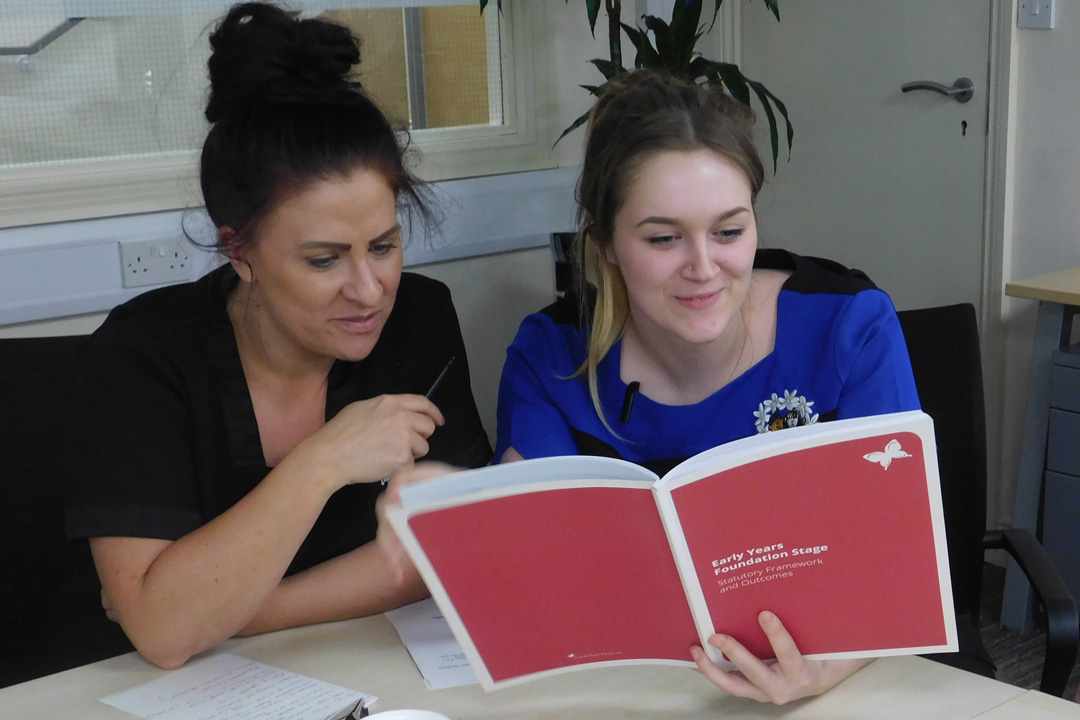
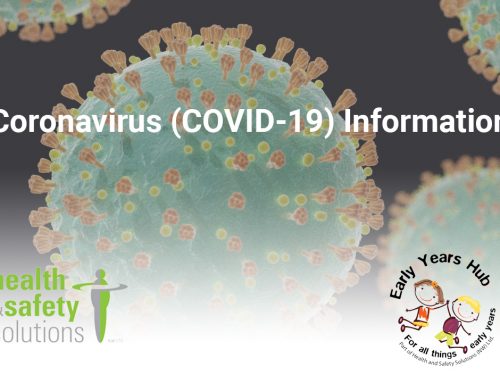
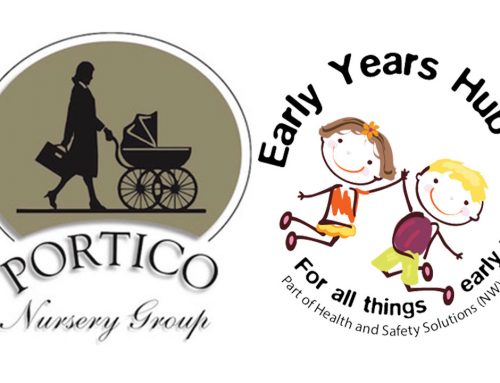
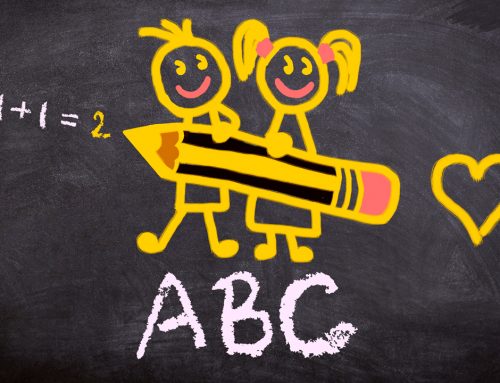
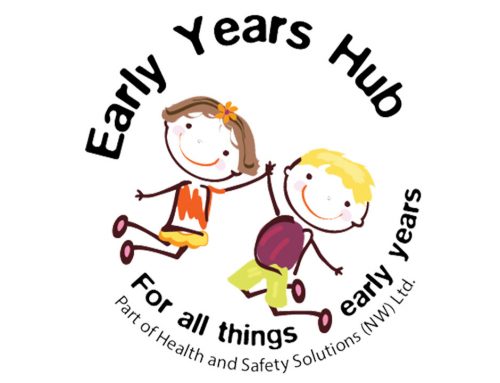




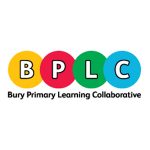

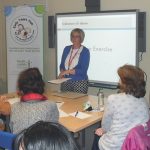

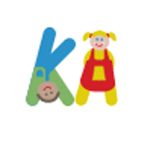
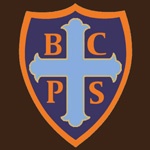

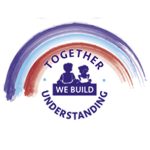

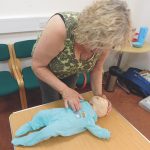

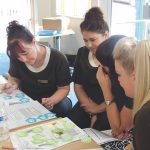
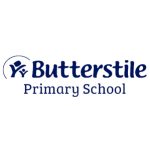


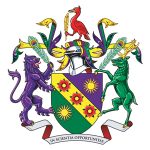
Leave A Comment